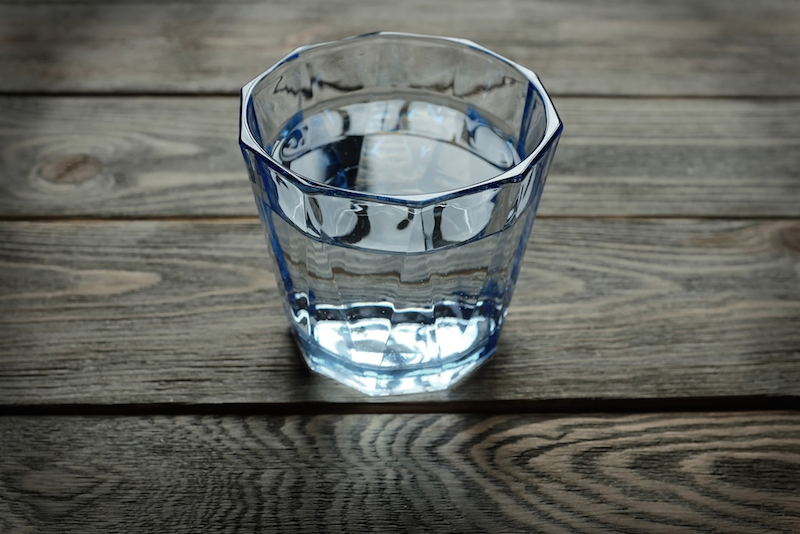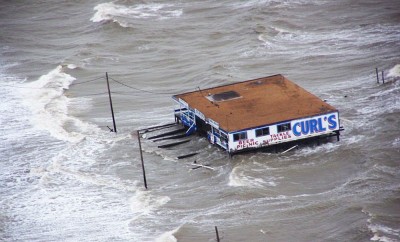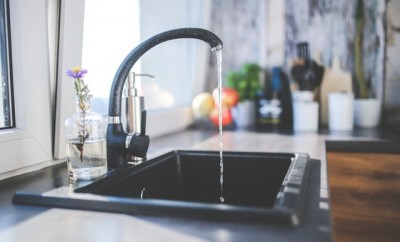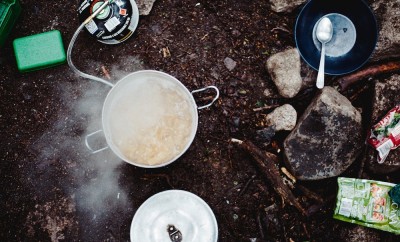Environment
How safe is your drinking water? A new toxin alert system tells you

Image: Oksana Yurlova/Shutterstock
Have you ever wondered how safe your drinking water actually is? With headlines like those out of Flint, Michigan, where lead poisoning recently affected thousands through toxic tap water, some may wish to find out for themselves rather than rely upon the government. But how can we do it? Toxin Alert, a new organization comprised of medical researchers, public health scientists, and parents, led by Harvard epidemiologist Dr. Eric Feigl-Ding, has an innovative method.
The first of its kind, Toxin Alert combines social networking, data from the EPA (Environmental Protection Agency), and a cutting edge digital health tool to create an early warning public health network for citizens. Current and past violations of water toxicity in various regions can be searched by zip code or address on their Toxin Alert Map. Citizens can also participate by sending in samples of their own community water for a fee following the website’s instructions.
According to recent claims, the problem stretches far outside of Flint. In 2015 alone, around 18 million people nationally were exposed to high-lead drinking water systems. Up to 2,000 water systems throughout the country may be contaminated with dangerous lead levels, but most citizens are unaware of the risk of their own water quality due to lack of understanding and accessibility of information. In addition, according to the NRDC (National Resources Defense Council), EPA data can be misleading and inaccurate, as it specifically featured no violations whatsoever in Flint’s water system prior to the major crisis hitting the headlines—a worrisome omission and eyebrow-raising indication that a growing suspicion of widespread under-reporting and lying to regulatory agencies in order to avoid finding toxins is not at all unfounded. With Toxin Alert, users can sign up to receive alert notifications on updated water hazards in their area through the network. Several toxins like copper, lead, cadmium, arsenic and mercury are tested in their kits, while more elaborate testing kits covering more contaminants and be ordered through National Testing Laboratories. Toxin Alert states they do not make any profit from the sale of water testing kits as they are sold at cost.
If you prefer to go a different route for your water testing, there’s also a handy guide here.
If you wish to assess your area’s water risk without paying for the test at Toxin Alert, a recent CNN report suggests you start by calling your municipal water supplier and ask for a copy of their Consumer Confidence Report. You may also be able to search for it on the EPA website if you trust their data. Anything higher than 15 parts per billion on lead contamination is of serious concern and citizens should follow the steps detailed for ensured safety. Although some prefer to boil the water, it should be known that only works for contaminants other than lead. The CDC also warns that purchasing bottled water may not remedy the problem entirely as a large amount of bottled water is simply tap water anyway. You can research your brand of bottled water at NSF International, a nonprofit water certification organization.
CDC instructions can be found on their website for further details.





0 comments